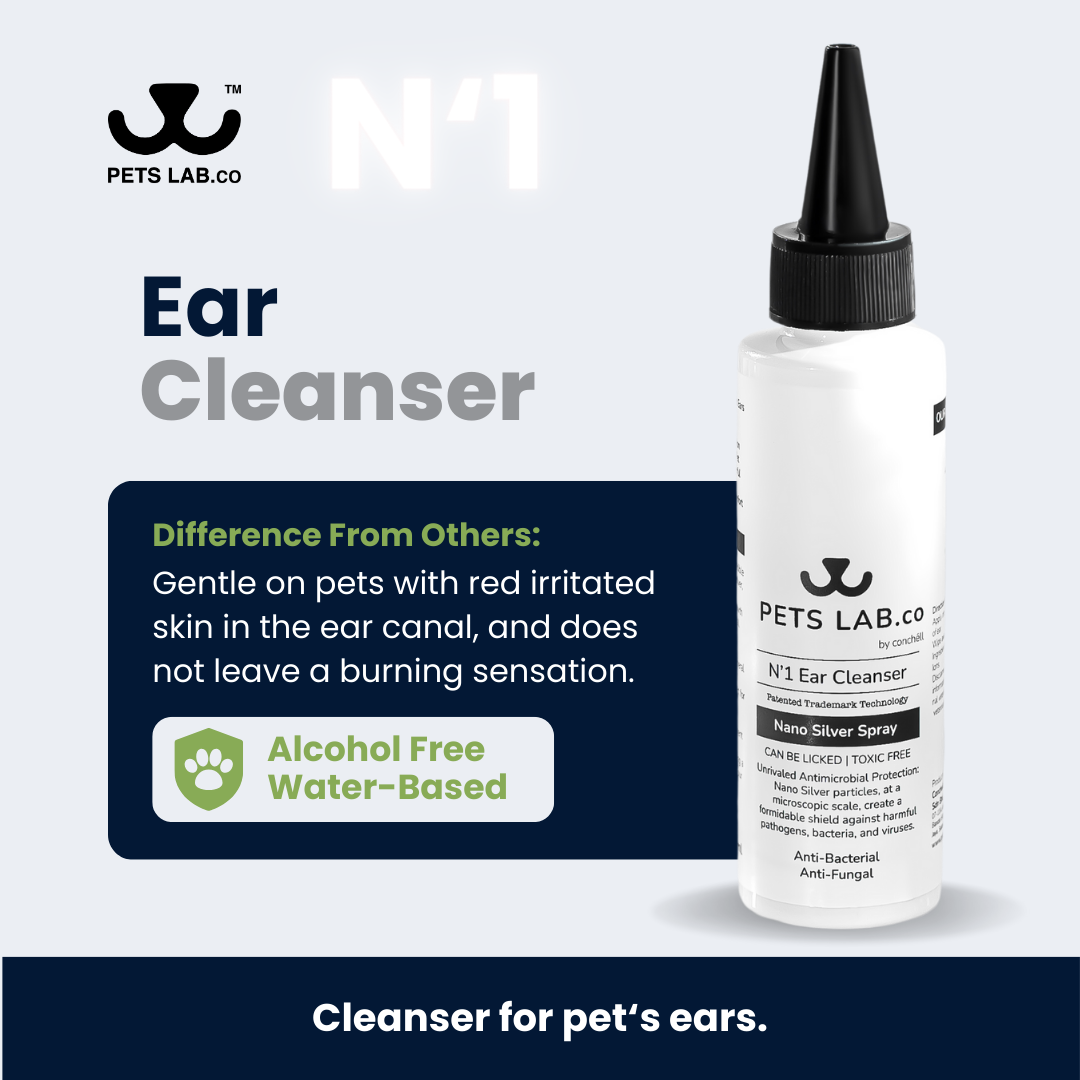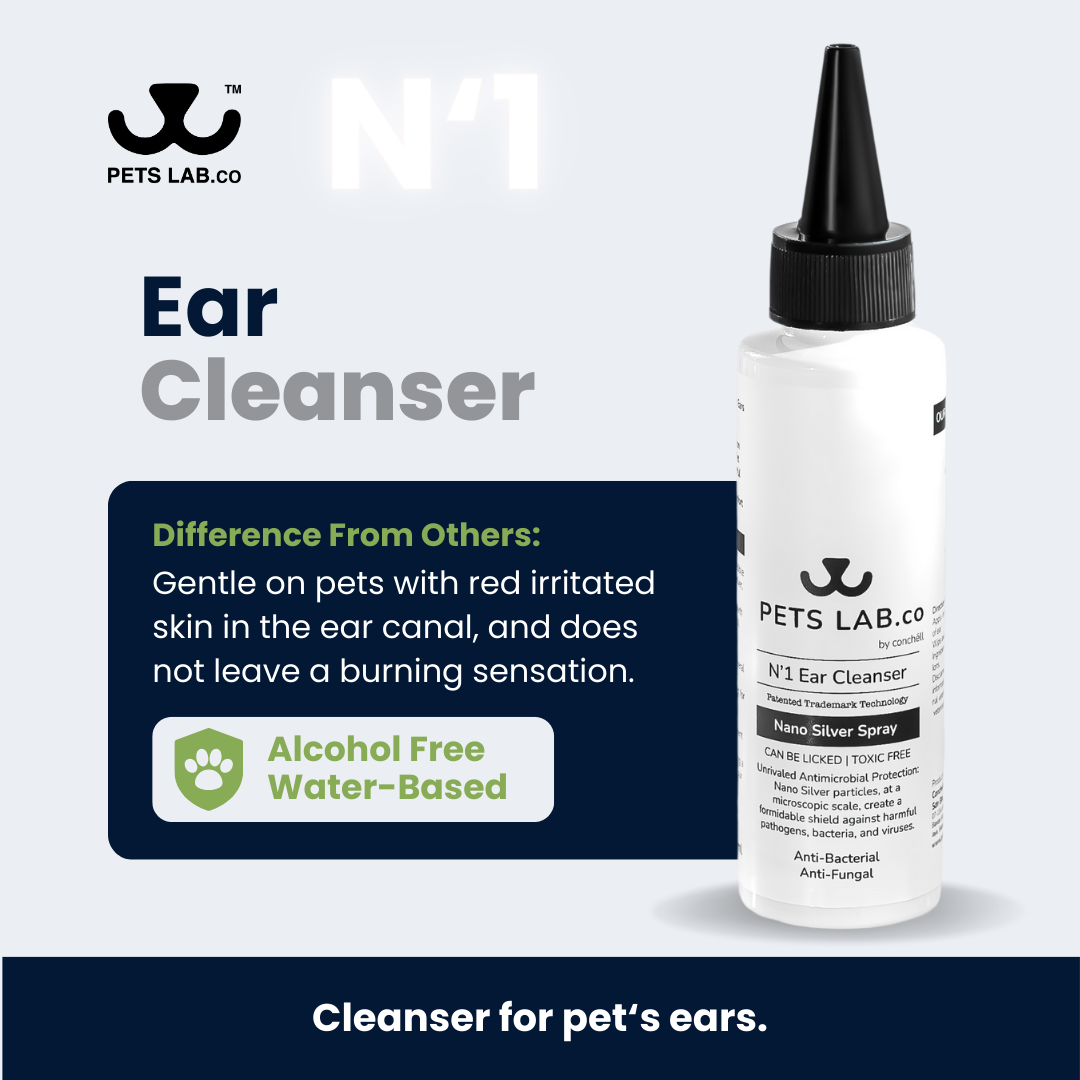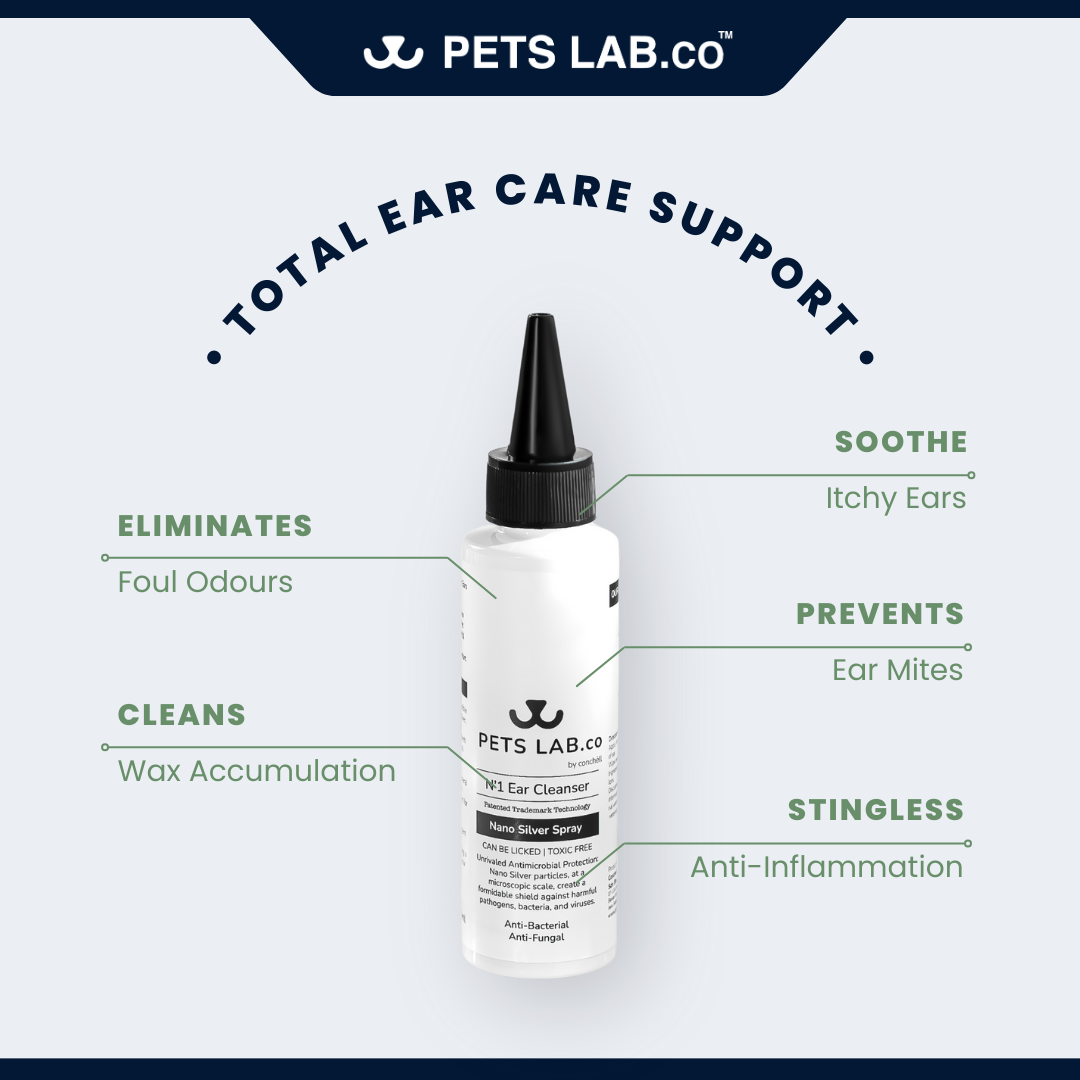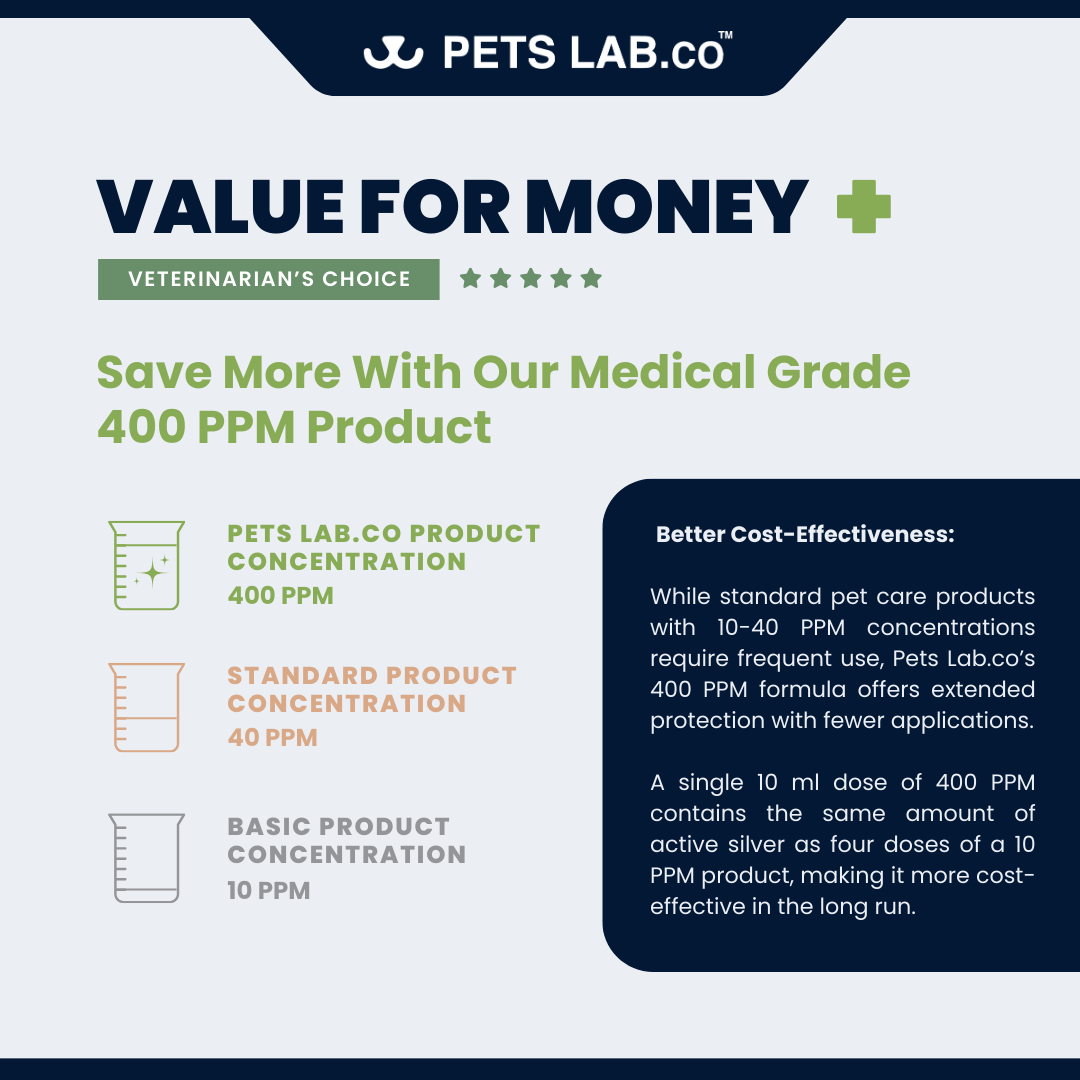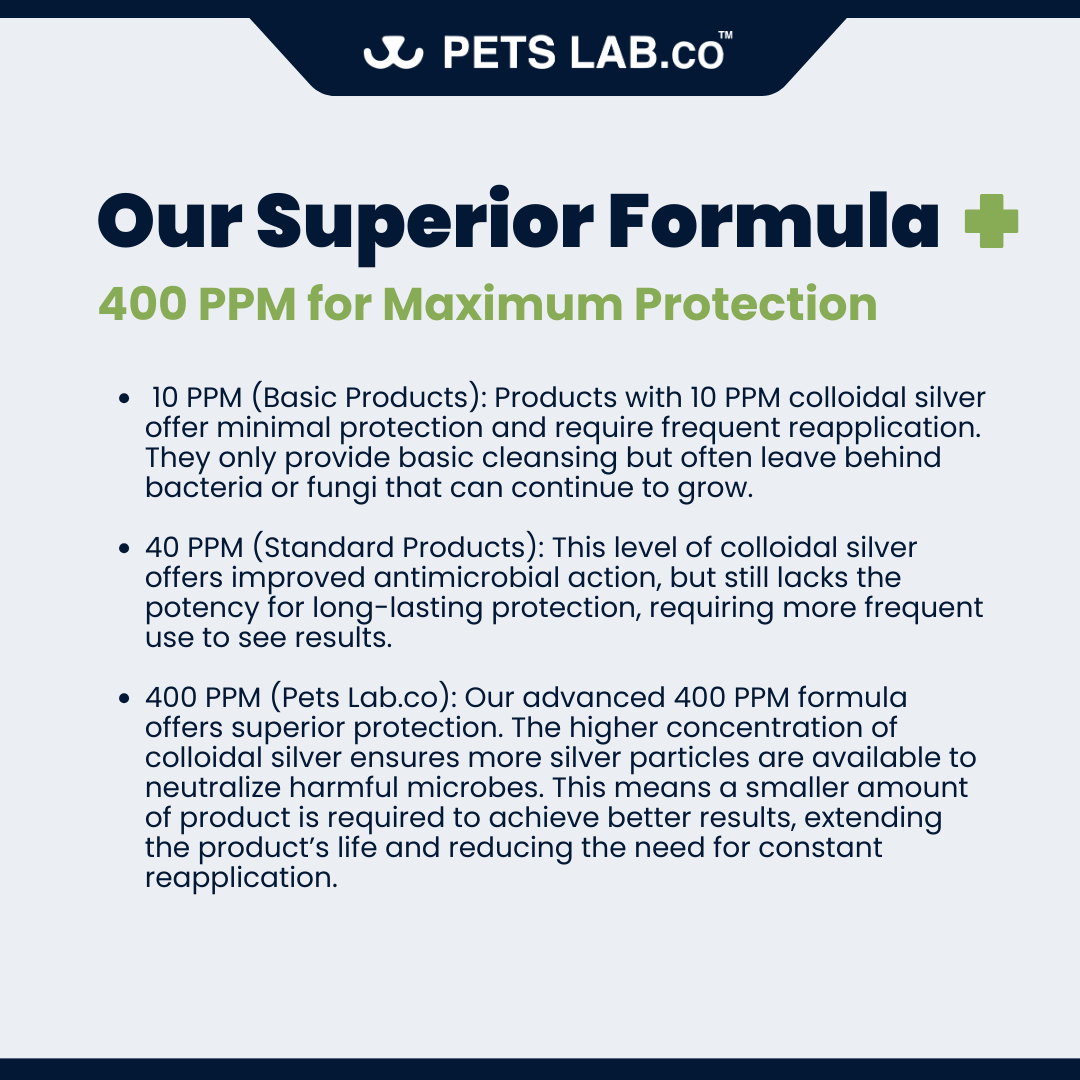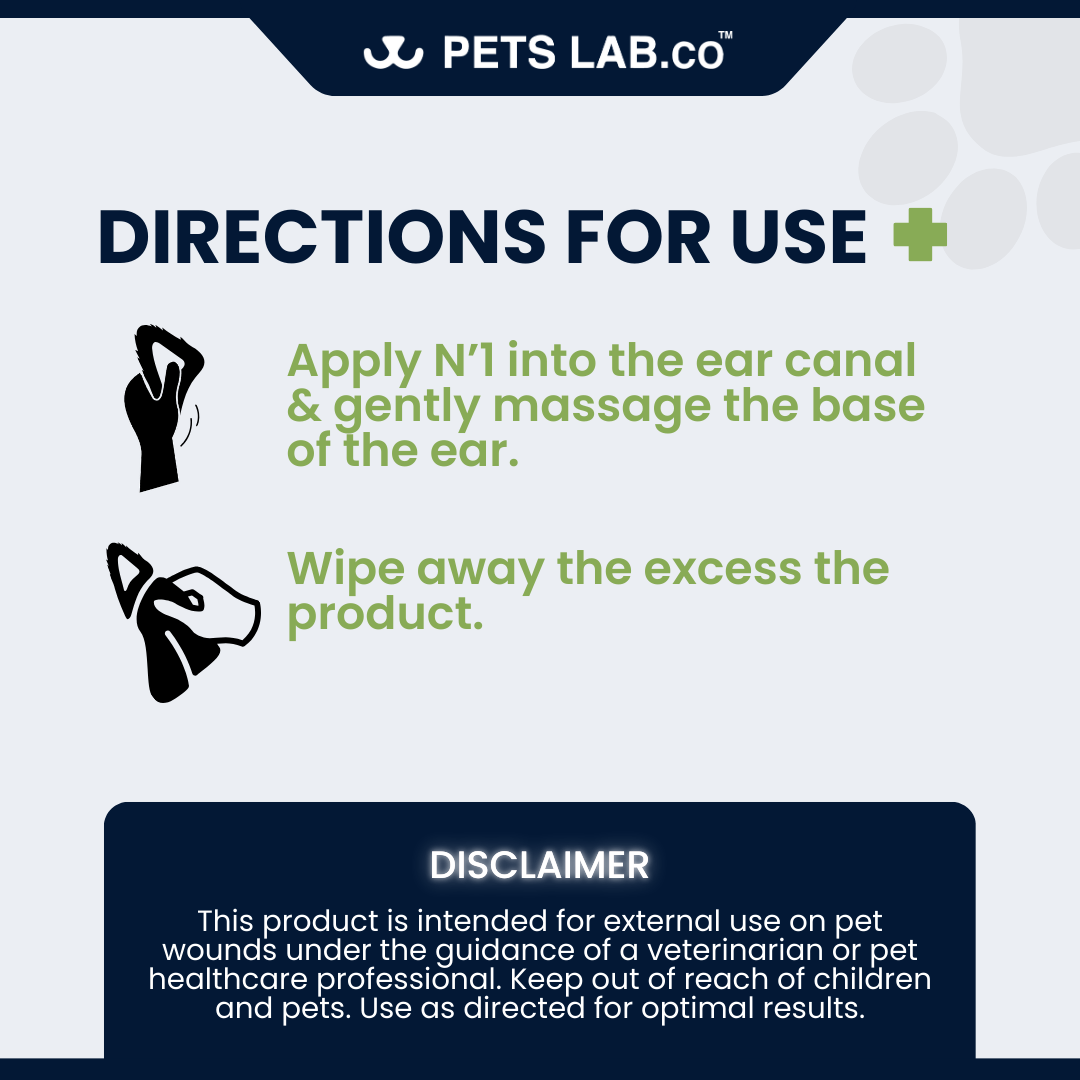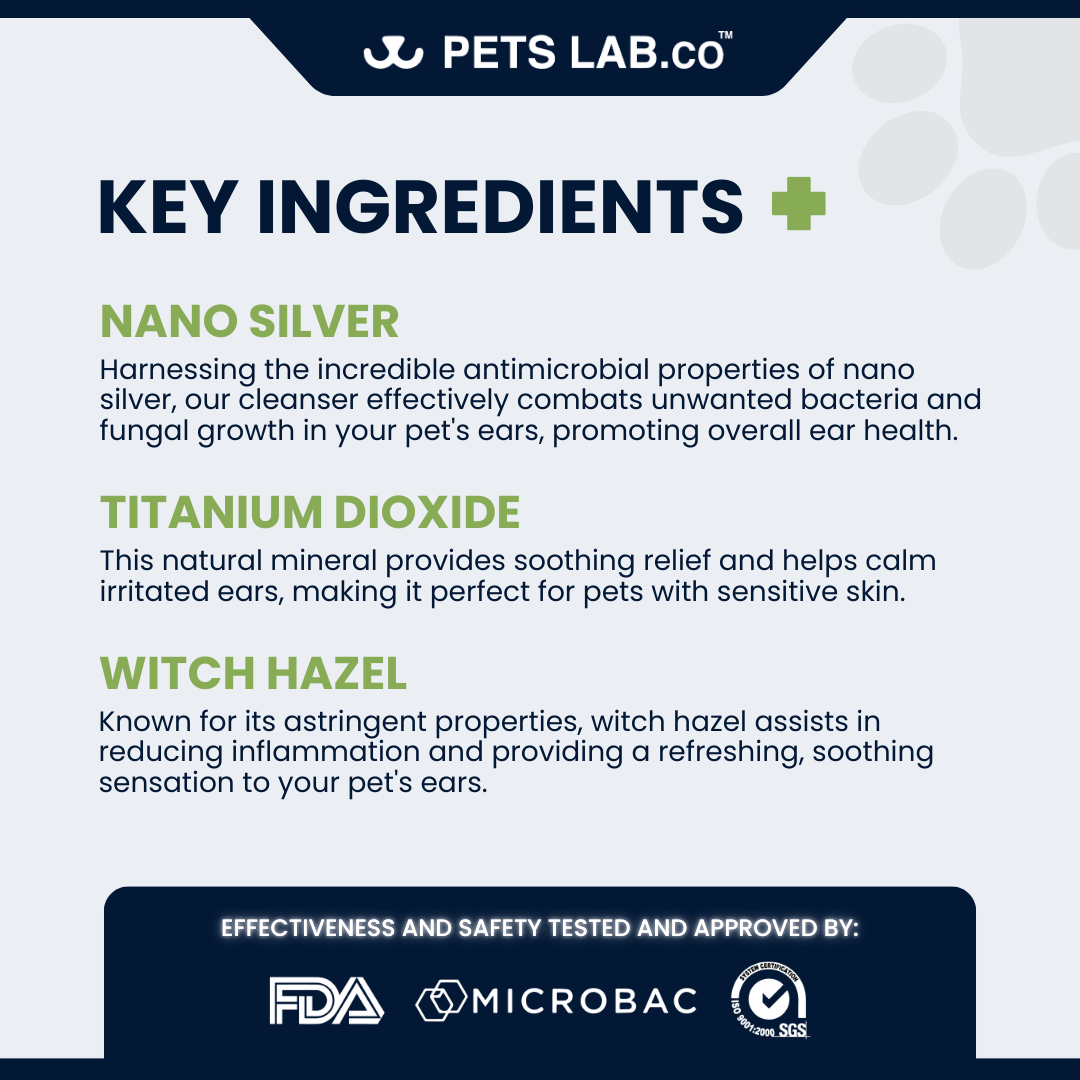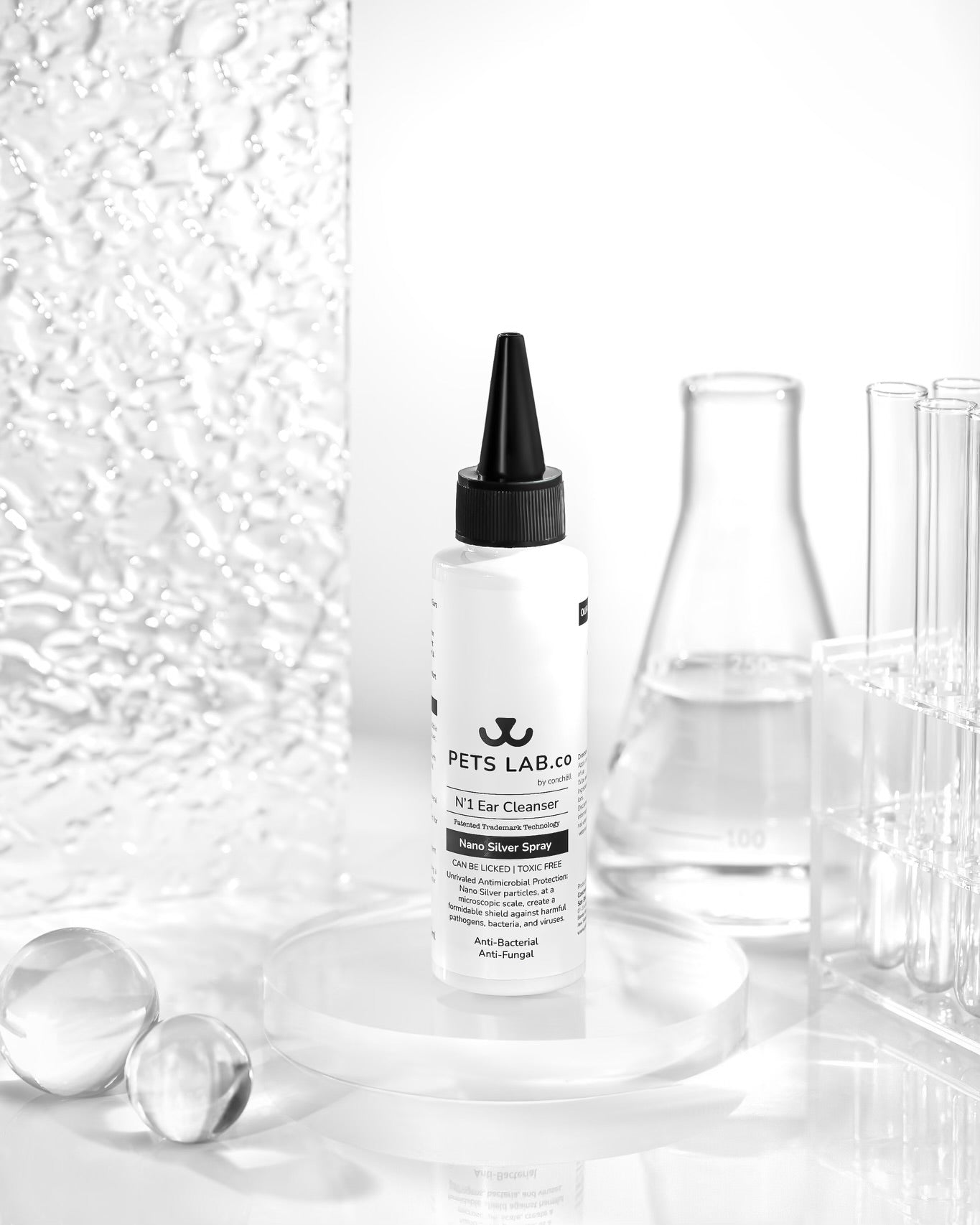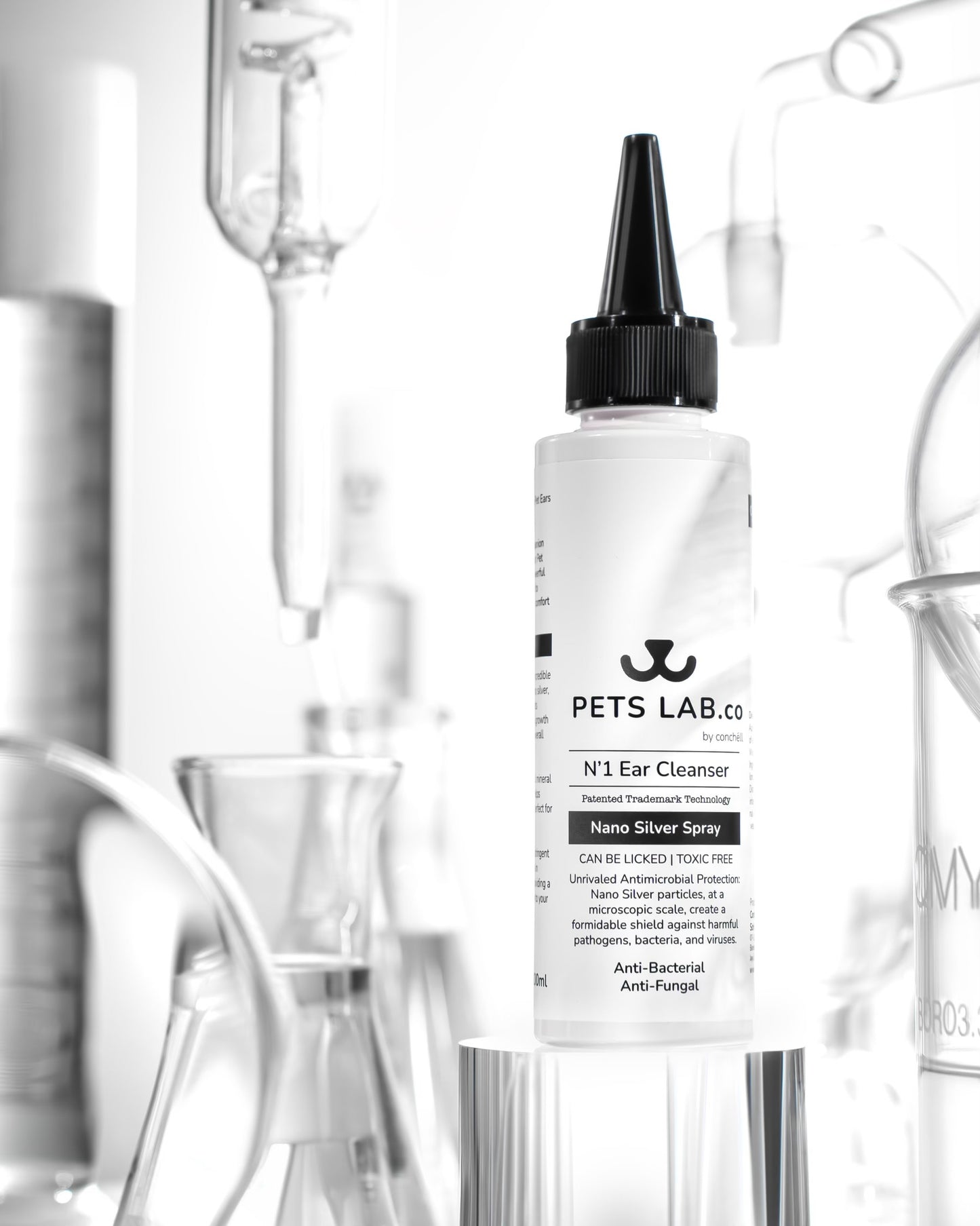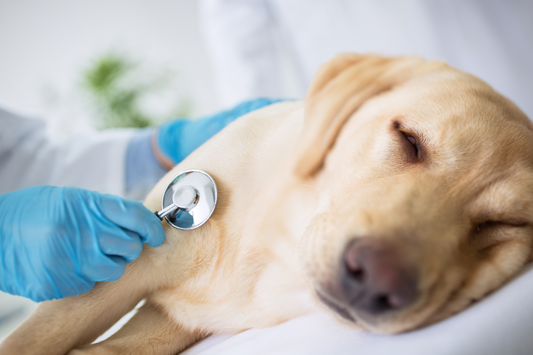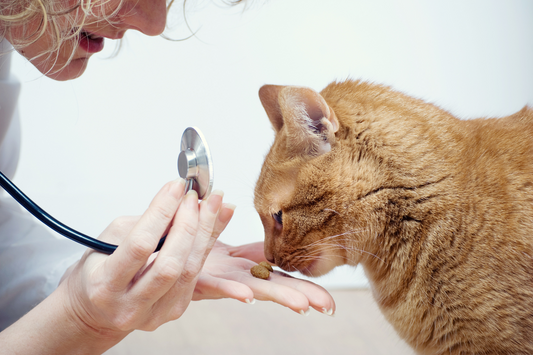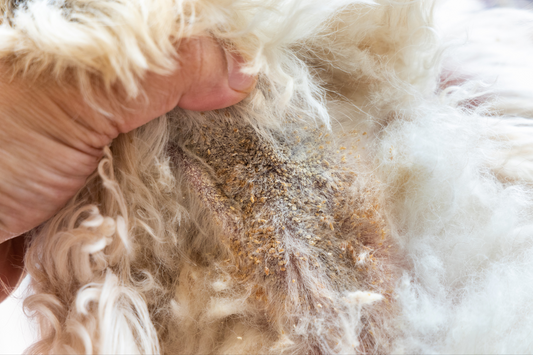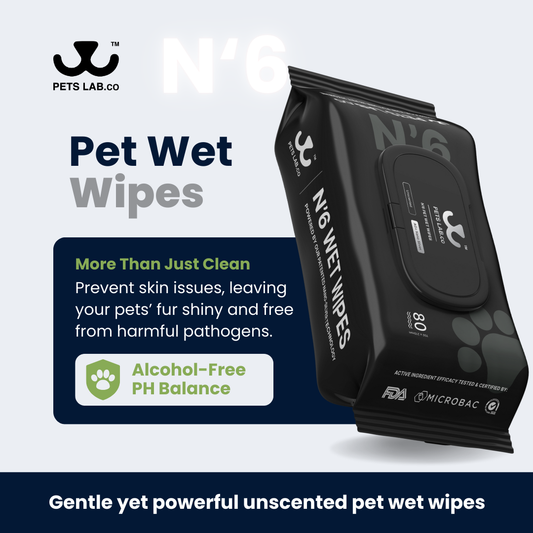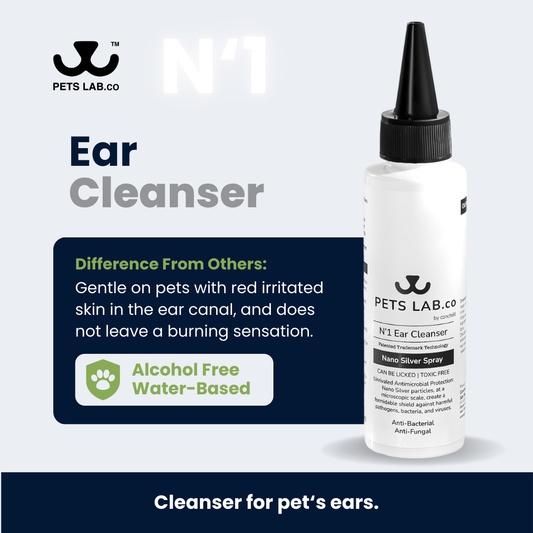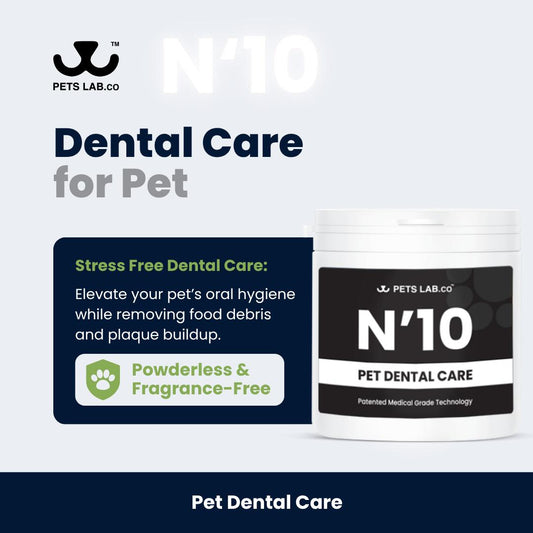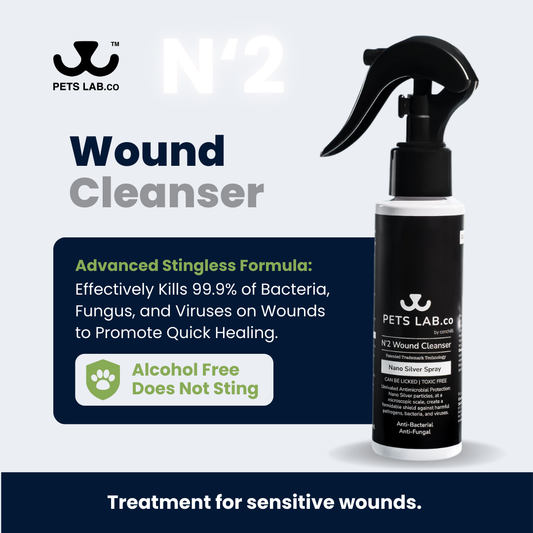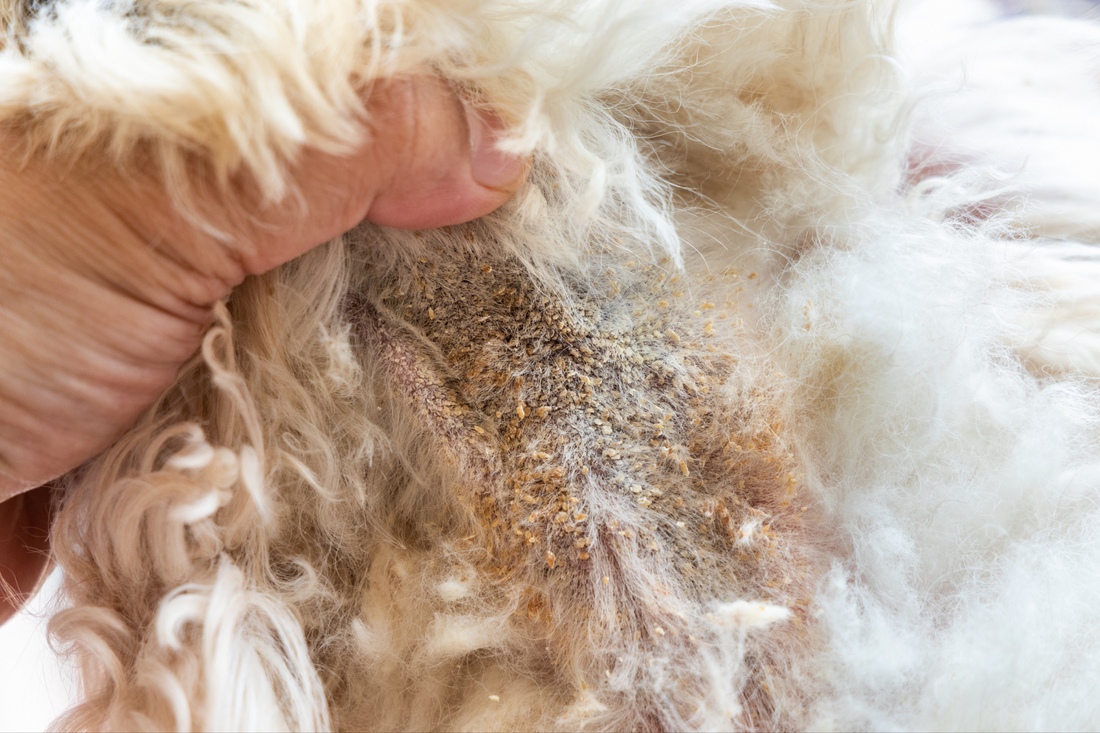
Dealing with Pet Fungal Infections: A Complete Guide
Share
Understanding Pet Fungal Infections
Pet fungal infections are common and can cause significant discomfort to your furry friends. In this comprehensive guide, we'll delve into the causes, symptoms, and treatment options for fungal infections in pets. We'll also highlight how Pets Lab.co's advanced products, such as N'3 Silver Shield and N'4 PRO' Shield, can help protect and treat your pet's fungal infections effectively.
What Are Pet Fungal Infections?
Fungal infections in pets are caused by various types of fungi that invade and multiply in the skin, ears, or respiratory system. Common fungal infections include ringworm, yeast infections, and aspergillosis. These infections can affect dogs, cats, and other animals, leading to a range of symptoms from mild irritation to severe health issues.
Causes and Risk Factors of Fungal Infections in Pets
Common Causes
Risk Factors
Symptoms of Pet Fungal Infections
Common Signs
Diagnosing and Treating Fungal Infections in Pets
Diagnosis
Treatment Options
- Topical Treatments: Antifungal creams and ointments applied directly to the infected area.
- Oral Medications: Antifungal pills prescribed by a vet.
- Specialized Products: Use of advanced products like Pets Lab.co's N'3 Silver Shield and N'4 PRO' Shield to treat and prevent fungal infections.
Why Pets Lab.co Products?
Pets Lab.co's N'3 Silver Shield utilises a unique combination of silver ions and titanium dioxide to effectively combat fungal infections. N'4 PRO' Shield provides a protective barrier, preventing future infections and maintaining your pet's health.
How to Prevent Fungal Infections in Pets
Hygiene Practices
- Regular Cleaning: Clean your pet's living area and bedding frequently.
- Grooming: Regular grooming to remove dirt and debris that could harbor fungi.
-
Dry Environments: Keep your pet's environment dry, especially in humid climates.
Use Preventative Products
- N'4 Pro-Shield: Apply Pets Lab.co's N'4 PRO' Shield to create a protective barrier against fungi.
- Regular Check-ups: Routine vet visits to monitor and address any health concerns promptly.
Why Choose Pets Lab.co for Pet Fungal Infections
Pets Lab.co stands out due to its commitment to scientific excellence and innovative technology. Our products harness the power of silver ions and titanium dioxide to provide effective, long-lasting protection against fungal infections. By choosing Pets Lab.co, you're ensuring your pet receives the best care possible.
Keeping Your Pet Healthy and Fungal-Free
Pet fungal infections can be distressing, but with the right knowledge and products, you can effectively manage and prevent them. Remember to maintain good hygiene practices, use preventative treatments like Pets Lab.co's N'4 PRO' Shield, and consult your vet for any health concerns. By doing so, you'll keep your pet healthy, happy, and fungal-free.

